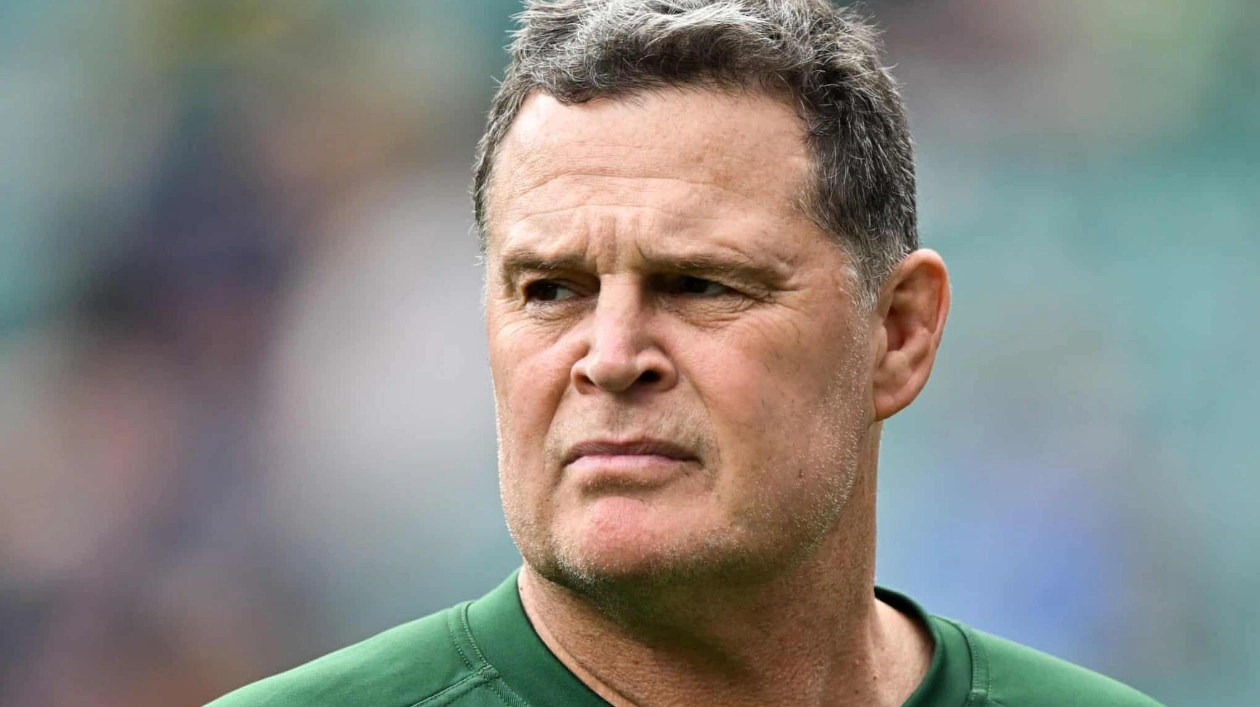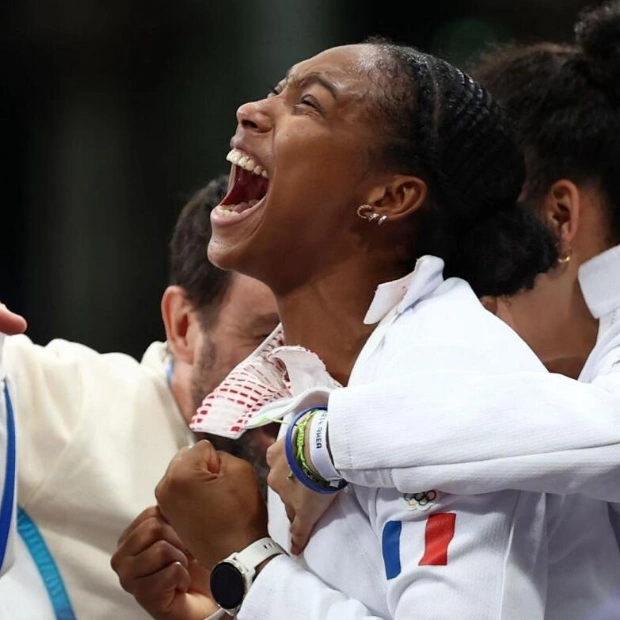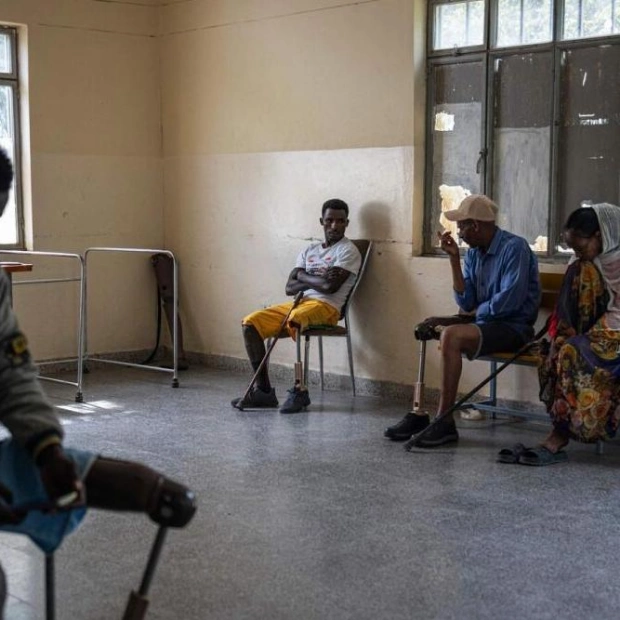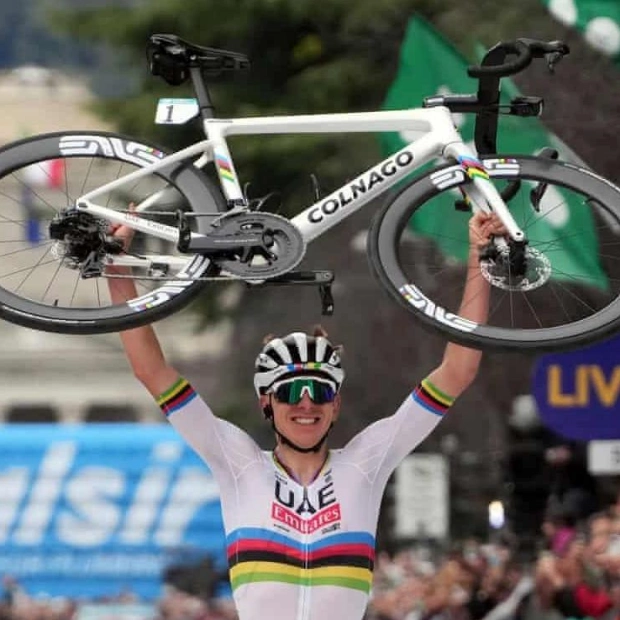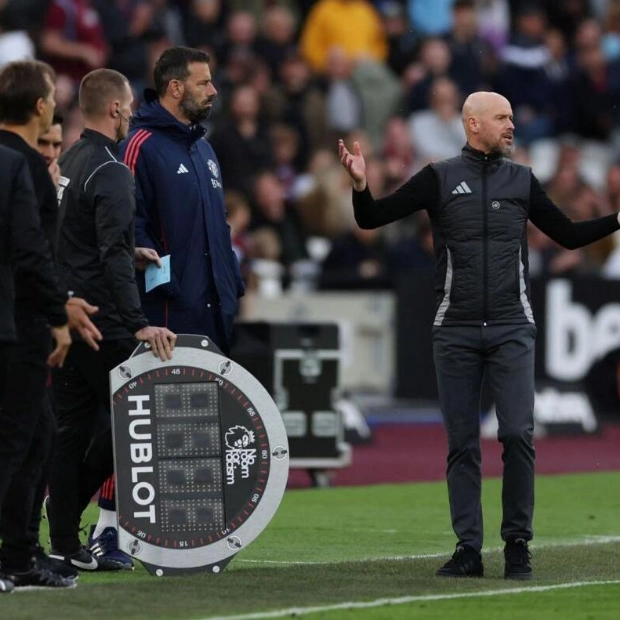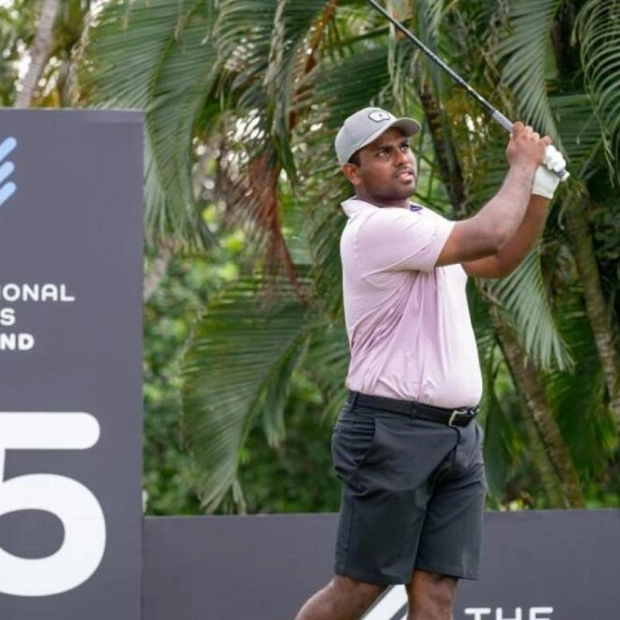South Africa is launching a charm offensive this autumn. They have won the last two World Cups, triumphed in their 2021 series against the British & Irish Lions, and secured their first Rugby Championship title since 2019 in September. However, according to Rassie Erasmus, the Springboks feel they still haven't won over the hearts and minds of the global rugby community, at least outside of South Africa. At home, they are revered, especially Erasmus himself, but the head coach believes they are perceived as villains by the rest of the world. 'It has been years, from the Bakkies Botha era, that we are seen as bullies who don’t care what people think,' he says. 'But we do. I care what people think about the players because they are very good guys.'
There are moments when Erasmus's words must be taken with a grain of salt. He has provided his critics with ample ammunition over the years and remains a contentious figure at the Rugby Football Union due to the backlash against referee Wayne Barnes following Erasmus's critical comments on social media. His behavior during the 2021 Lions tour oscillated between amusing and absurd, and while South Africa deserves credit for successfully defending their World Cup with three consecutive one-point victories, they have often received admiration rather than adulation.
Erasmus aims to change this perception. He has invited an audience to South Africa's training camp in Jersey before their autumn Tests, which kick off against Scotland at Murrayfield on Sunday, followed by matches against England and Wales. He hints at his future departure, possibly reflecting on his legacy, and suggests the Springboks are misunderstood. 'If someone disagrees with what you are doing, you listen to it and it doesn’t upset you, but you think: ‘Shit, as long as South Africans are happy,’' he says. 'But you don’t want to make other people unhappy. You don’t want people not to like you. You don’t want people to think you are stubborn. You don’t want people to think you are arrogant, especially if you know the characters in the team.'
There is also a commercial imperative. The weakness of the South African rand means they will never be the wealthiest union, but there is a concerted effort to strengthen the Springboks brand. The All Blacks set the standard in this regard, but South Africa, as double world champions, clearly want to capitalize on their success. Their jerseys currently feature the logo of sponsor MTN, a domestic telecommunications company, and when that contract is up for renewal, the Springboks are expected to seek a more lucrative deal given their recent triumphs.
Their players also have compelling stories, notably the articulate Siya Kolisi. While he speaks from a position of strength, given South Africa's recent record and the fact that he has introduced almost 50 new players this year, Erasmus clearly takes issue with any perception of arrogance within his squad. 'I would just say, don’t respect us more for [our achievements],' he adds. 'We are happy with our South Africans respecting us for that. Or, don’t give us accolades for that. We don’t need a tap on the shoulder for that. We just don’t want to hear other reasons why that wasn’t good enough or that ‘you are not this great team.’
The crux here is that Erasmus and his coaching staff have a long history of seeking out external criticism, sometimes from years past, as a means of motivating their players. They have cultivated a Millwall mentality and used it to great effect. The second Chasing the Sun documentary shows how he rallied his players with clips from the Irish media before their defeat by Ireland, and he admits it is a go-to motivational tool. So what happens if there is no criticism to fuel their fire? 'It will always be personal,' says Erasmus. 'A rugby match will always be personal for us. Why it’s personal is because we are representing South Africa. If someone wants to challenge South Africa in a rugby match, it is our job to protect South Africa in that sense. So making it personal, yes, I must tell you we do.'
And sometimes we will go and find something that somebody said many years ago. And you remember how much it hurt that specific day, when you hurt for that specific day. And it might be five years old. But that hurt comes back. And that is not psyching our players up. Psyching up, and hoo-ha chest-pumping, that lasts five or six minutes. 'When it becomes personal, the match, the individual challenge, our guys thrive. I don’t want this to sound like we want to make every side the enemy. That is what we are actually trying not to do. We play a really physical brand, but the players are definitely not these guys who just want to hate people. That’s not what we want to do.'
Source link: https://www.theguardian.com
